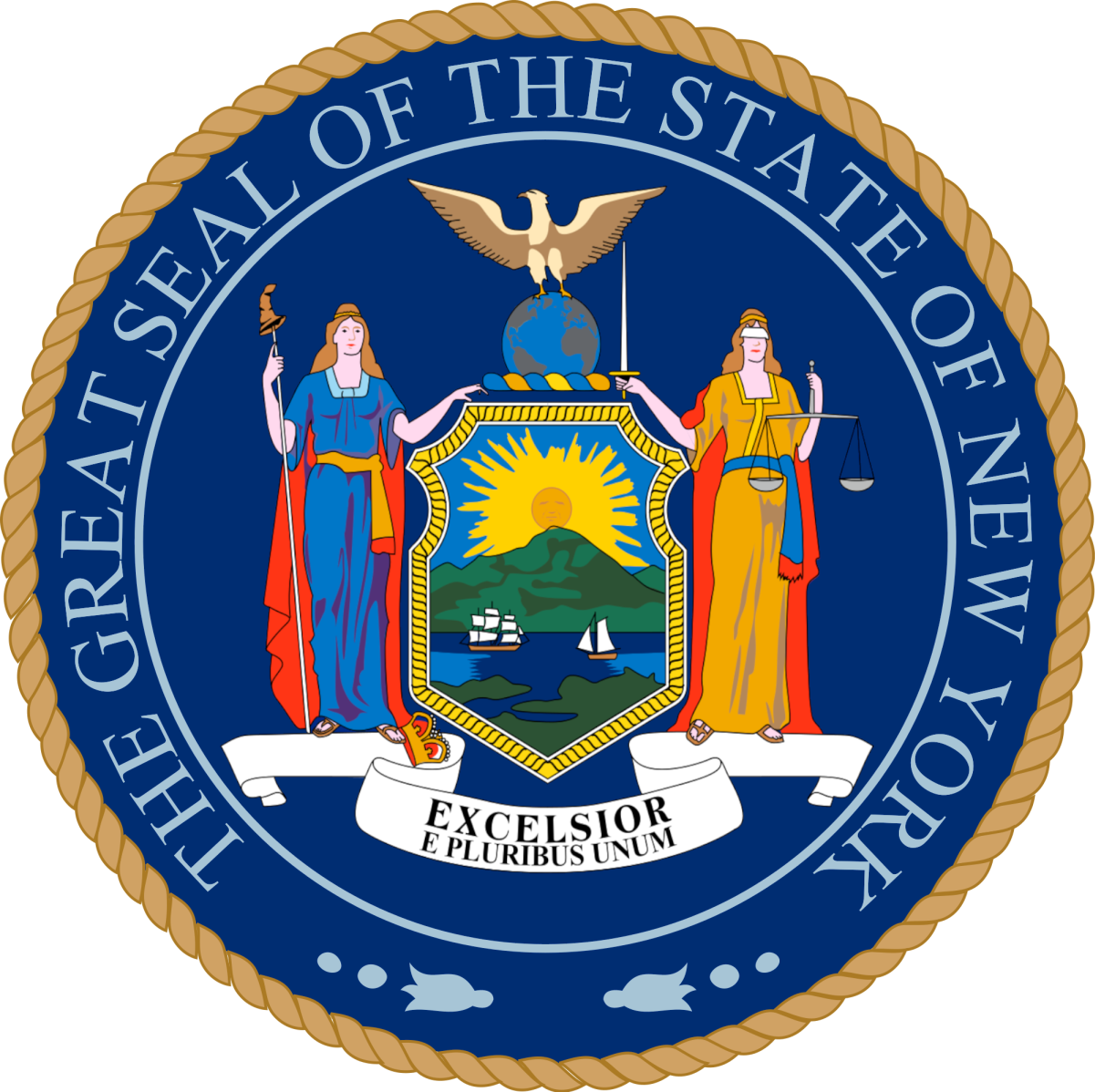Generic Advisory Opinion
The Legislative Ethics Commission has approved generic advice on the topic listed below. The guidance offered is general in nature and the Commission's response to individual questions may vary according to the facts of each particular request. You are strongly advised to consult Commission staff or your counsel's office for advice pertaining to your individual situation.
Post Employment Restrictions: Waivers or Exceptions Generic Advice (New York State Legislators and legislative employees)
Waivers
The Legislative Ethics Commission does not have the discretion to grant a waiver pursuant to statute. The only persons to whom the post employment restrictions do not apply are state employees (not legislative employees) who were terminated i) on or after January 1, 1995 and before April 1, 1999 or ii) on or after January 1, 2009 and before April 1, 2014, because of economy, consolidation or abolition of functions, curtailment of activities or other reduction in the state work force as specified in Public Officers Law §73 (8)(b).
Exception
Government to Government Exception
The only exception to post employment lobbying restrictions, is the “government to government” exception defined in Public Officers Law §73(8)(e).
The statute provides, in pertinent part, post employment restrictions:
…shall not apply to any appearance, practice, communication or rendition of services before…either house of the legislature, or to receipt of compensation for any such services, rendered by a …former member of the legislature or legislative employee, which is made while carrying out official duties as an elected official or employee of a federal, state or local government or one of its agencies.
In short, the post employment ban does not apply to subsequent employment with another government entity or one of its agencies or to individuals elected to public office. We strongly advise that you contact the Commission to be certain that any future employer is defined as a government entity or one of its agencies for the purposes of this section.
Adopted Unanimously May 4, 2016
